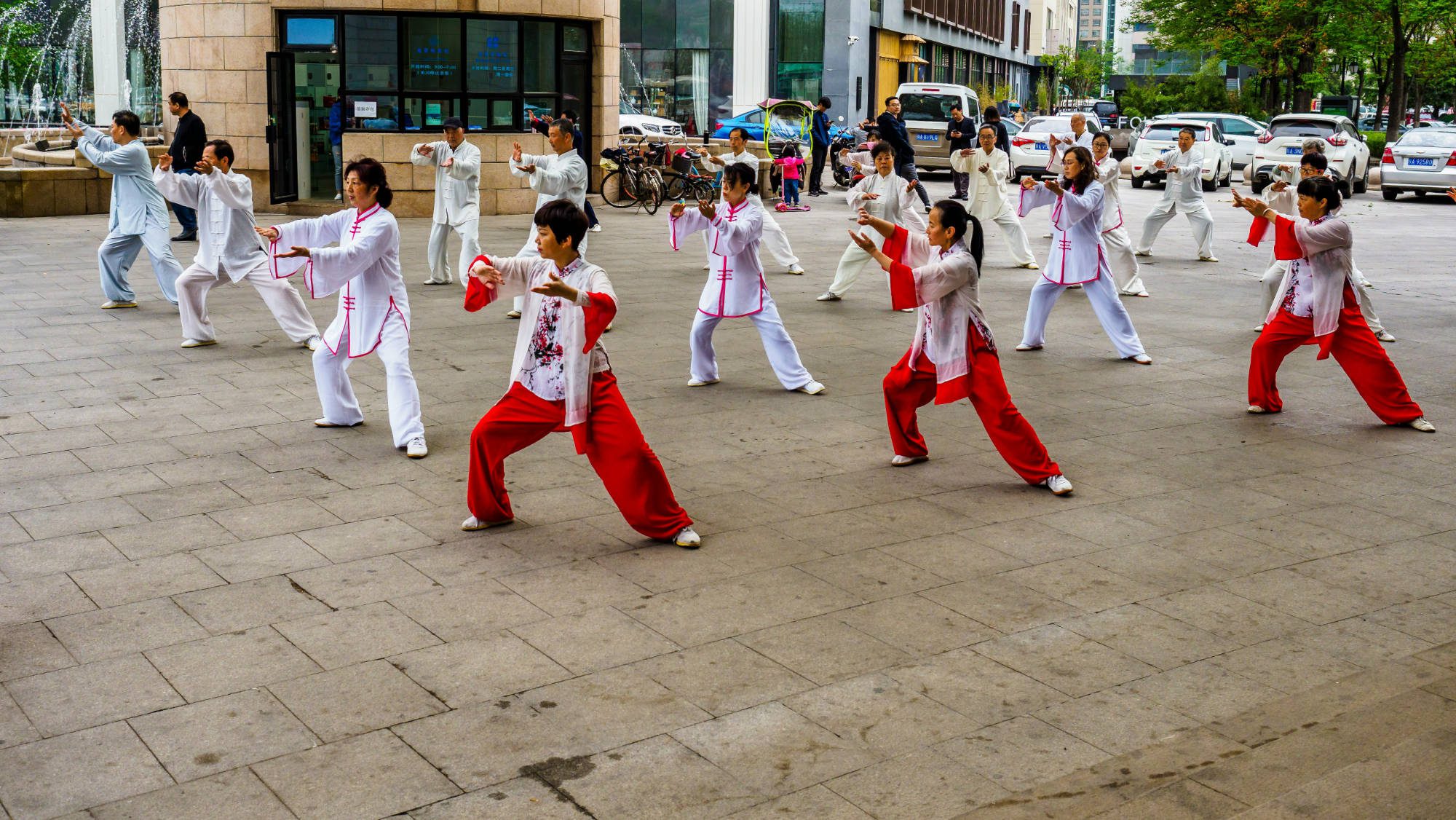When I first started meditating and studying spiritual philosophy in earnest, about 12 years ago, my goal was spiritual enlightenment. I clearly remember, in 2000, participating in a group meeting at the Heartwood Institute, a holistic healing training center where I was doing a work-study program right out of college. Everyone in the group was stating their life goal, and I boldly pronounced that my goal was “Self-Realization,” or enlightenment.
At the time I think I had some vague concepts about what enlightenment was. They were mostly centered around ideas of a blissful ecstatic awakening experience, after which I would know all the secrets of the universe, never be unhappy, and always be calm, peaceful, and at ease with anything that could ever happen. And of course this state would last until I died.
I was deeply curious about what it would be like to be enlightened, and also very motivated to escape the uncomfortable emotions and physical problems I was having at the time, so I turned to meditation as an answer.
Over the past 12 years, I have practiced several types of meditation, mainly Taoist and Qigong meditation, Tai Chi, Zen Meditation, Mindfulness Meditation, and Nonduality (Advaita). I’ve also practiced meditations to gain psychic abilities at the Berkeley Psychic Institute (I didn’t last long there), dancing and yelling meditations for emotional release by the mystic Osho, meditations to manifest what you want (think, The Secret), and many others.
As a result of learning these various styles, I’ve come to understand that meditation is used for a wide variety of purposes, and can have a wide variety of effects—physical, emotional, mental, spiritual, and so on.
Meditation—what is your goal?
When you sit down to meditate, or contemplate the idea of taking a class to learn how, it’s good to first ask yourself, “What do I really want out of this?” One of my longtime favorite meditation teachers, Adyashanti, in his book “True Meditation”, explains this variety of approaches:
Meditation can serve a whole array of agendas. Some people meditate for better physical or emotional health or to still their bodies or minds. Some people meditate to open up certain subtle energy channels within their bodies, often called chakras. Some people meditate to develop love, to develop compassion. Some people meditate in order to achieve altered states of consciousness. Other people meditate to try and gain certain spiritual or psychic powers—what they call siddhis. And then there’s meditation as an aid to spiritual awakening and enlightenment.
I think this is actually a pretty good summary of the main uses for meditation. In my experience, consistent meditation practice, over time, actually accomplishes all of the above objectives to one degree or another.
View, Practice, Result
In some Buddhist systems, the path of meditation is laid out in terms of View, Practice, Result:
- View: The point of view that will be achieved through meditation
- Practice: The particular type of meditation practice
- Result: The result that the meditation will produce
Because there are so many different Views, or “agendas,” guiding various types of meditation practice, it’s best to learn about the viewpoint of a given system before investing your time in it. You want to be sure that you resonate with this view philosophically, and personally.
Learning about the Practice of a given system is also important because this is an activity that you will be repeating a lot over time. Does it require sitting in a certain position, and is that physically comfortable for you? Are chants or prayers, also called mantras, performed in another language, something that interests you? Is simple sitting meditation something that you can envision doing, or would you rather be doing a more active meditation such as tai chi or qigong?
The Result of the practice is very important to understand as well. Does the system of meditation offer the results that you are looking for?
Picking the right style of meditation
There really isn’t a right style of meditation for any given person. However, particular types of meditation focus on particular goals. I think it’s important for you to identify your goal or goals, and seek out a meditation style that is focused on the goals you would like to accomplish. When you’re considering practicing a particular style of meditation, be sure to do your research.
Meditation as a cornerstone of your healing process
When I work with a client individually, we often discuss their meditation or spiritual / religious practice, and how they are applying it to their life. If you don’t have a current practice, and would like to start one, we can discuss your physical, emotional, mental, and spiritual goals, and together identify the style(s) of meditation that would be most suited for you to try first.







